
The Intersex community in Zimbabwe and Health Law and Policy Consortium have filed to high court in demand of a legal recognition of the third gender (intersex) on government documents as they do not fit in either male of female category.
The government documents include birth certificates, national identification card and passports.
An intersex person is a person born with ambiguous genitalia or is an umbrella term for people born with physical sex characteristics—including chromosomes, reproductive organs, or anatomy—that do not fit typical male or female binary definition.
There are more than 86 intersex variations some of which are hormonal, chromosomes and some not visible at all.
The high court case filled on 19 September 2025 also seeks to regulate non essential surgeries termed ‘corrective surgeries’ on intersex children which are non consensual undermining their dignity and causing lifelong harm.
The community seeks recognition as stipulated in the Zimbabwean constitution Section 56 that guarantees the right to equality and non-discrimination, detailing that all persons are equal before the law and have the right to equal protection and benefit of the law and section 35 gives provisions citizenship by birth, descent, and registration, detailing the criteria for a person to be considered a citizen.
Speaking during a media forum , Kudakwashe Murise, Director of Intersex Community in Zimbabwe said this case is historic as it is the first of its on kind.
Related Stories
“For the first time, the legal system is being challenged to recognize the rights of intersex individuals as equal human beings under the constitution
“It calls for the courts to firm the bodily integrity and autonomy of intersex people,ensure state accountability for past and ongoing medical violations, mandate legal and policy reforms to protect intersex rights going forward,”Murise said
He added that the court case is more than a legal challenge but a call for justice, recognition, and human dignity.
The community says it continues to face widespread stigma and discrimination including being denied access to public toilets, unable to open bank accounts, or secure employment due to mismatched information on their identification cards.
Tinashe Mundawarara, Health Law and Policy Consortium in the founding affidavit said the case seeks to address violations of constitution rights.
“The current gaps in the law and administrative failures by the Respondents constitute ongoing violations of intersex persons’ constitutional rights, including their rights to equality, non- discrimination, and dignity as enshrined in Sections 56 and 51 of the Constitution.
Justification for the Application,” he said.










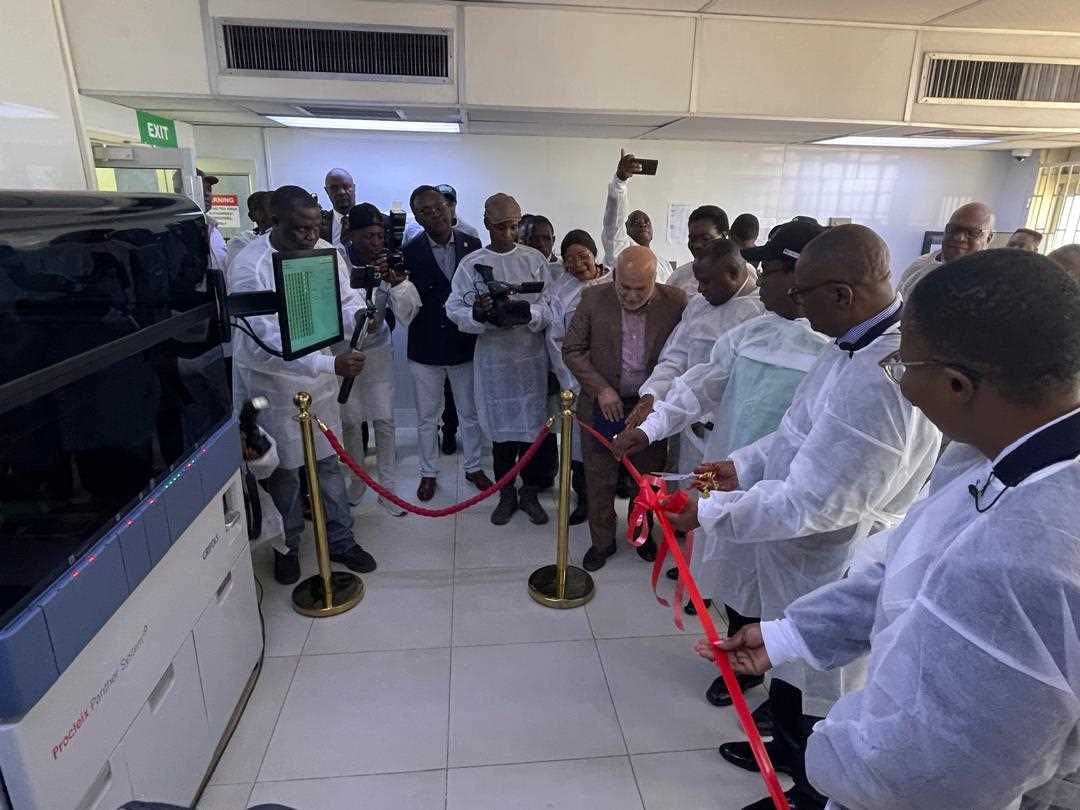
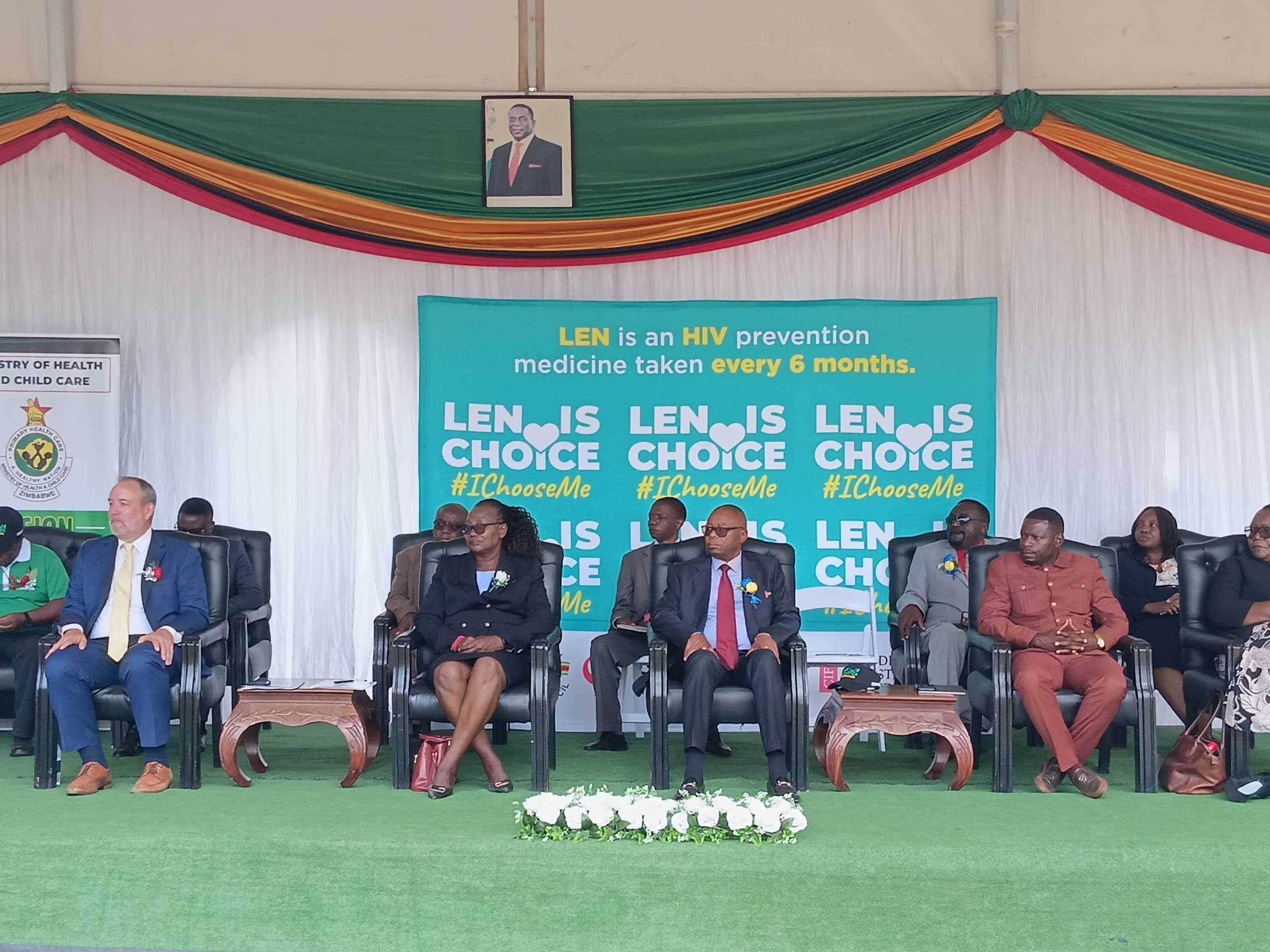


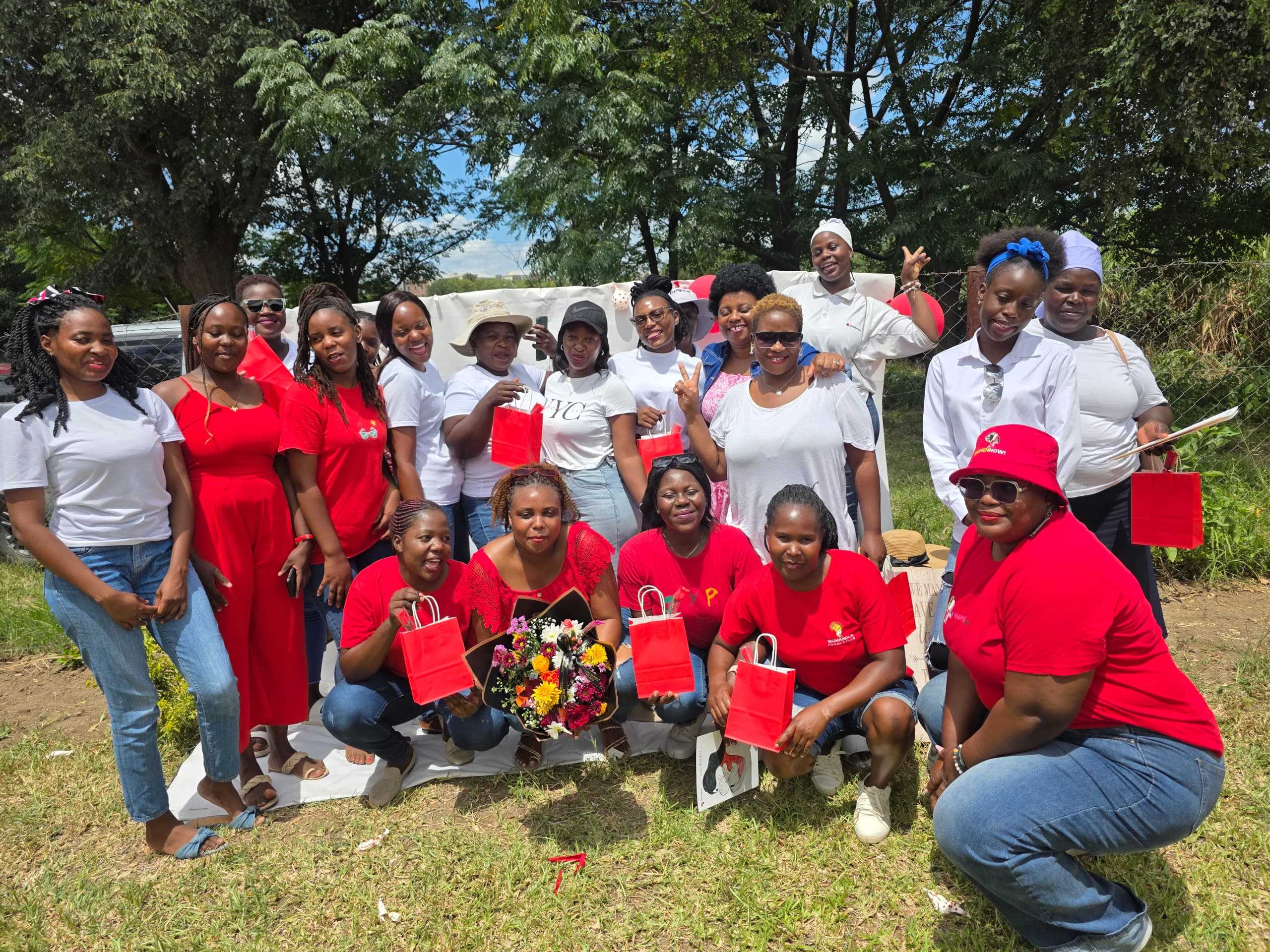
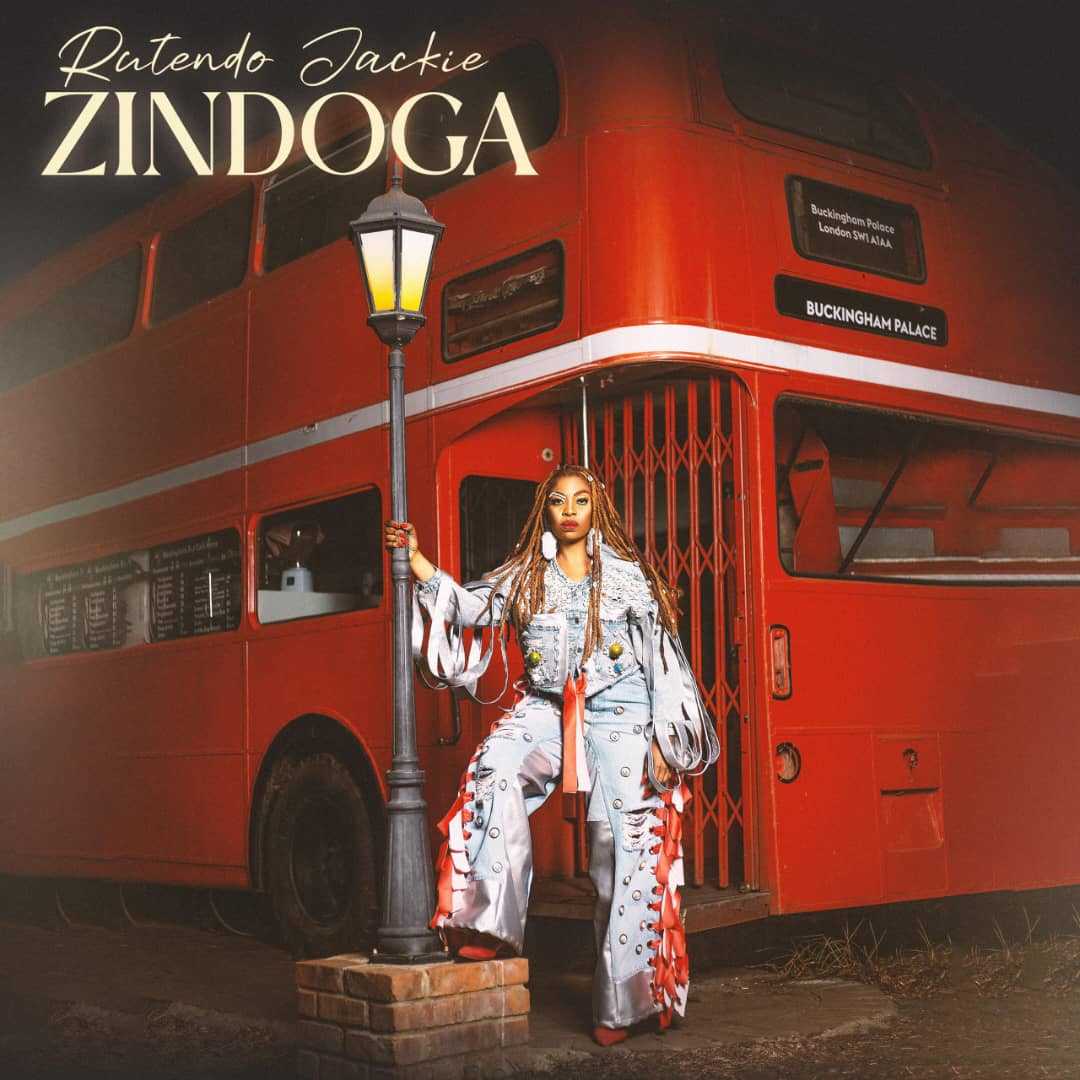
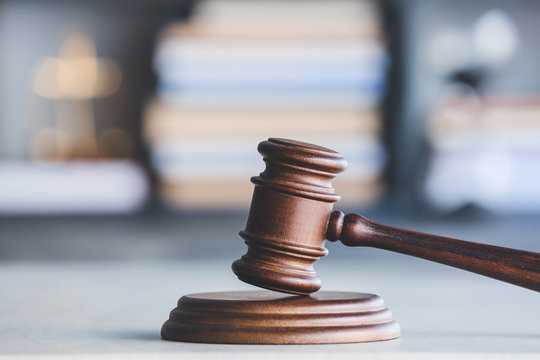
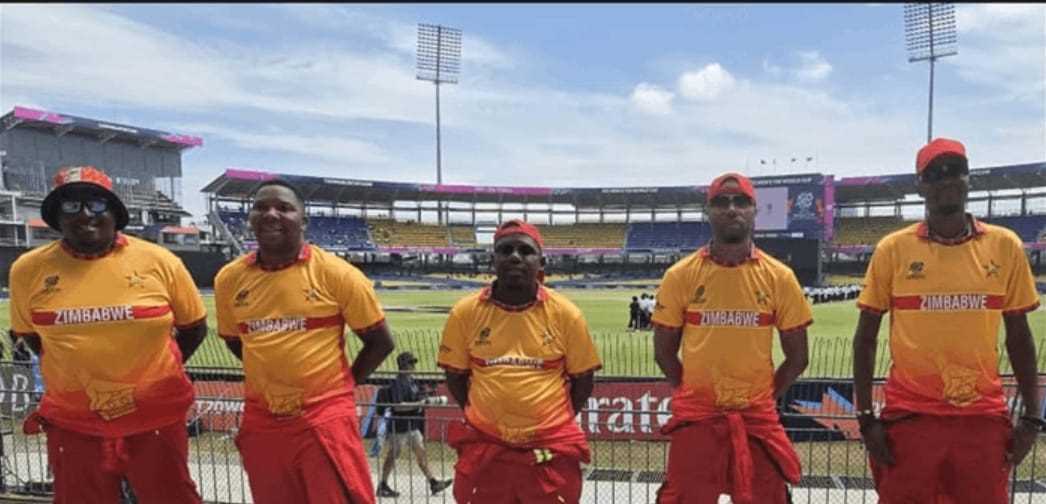


Leave Comments